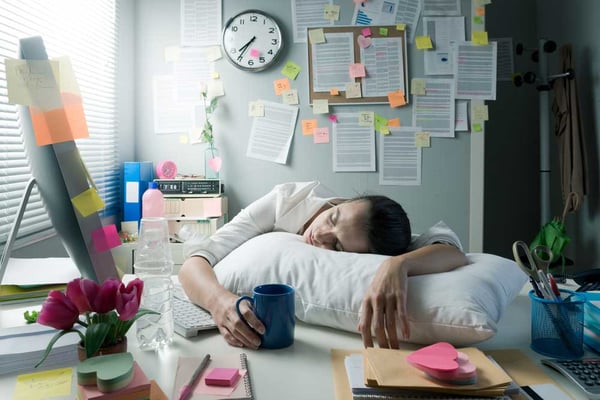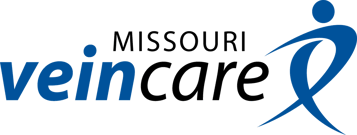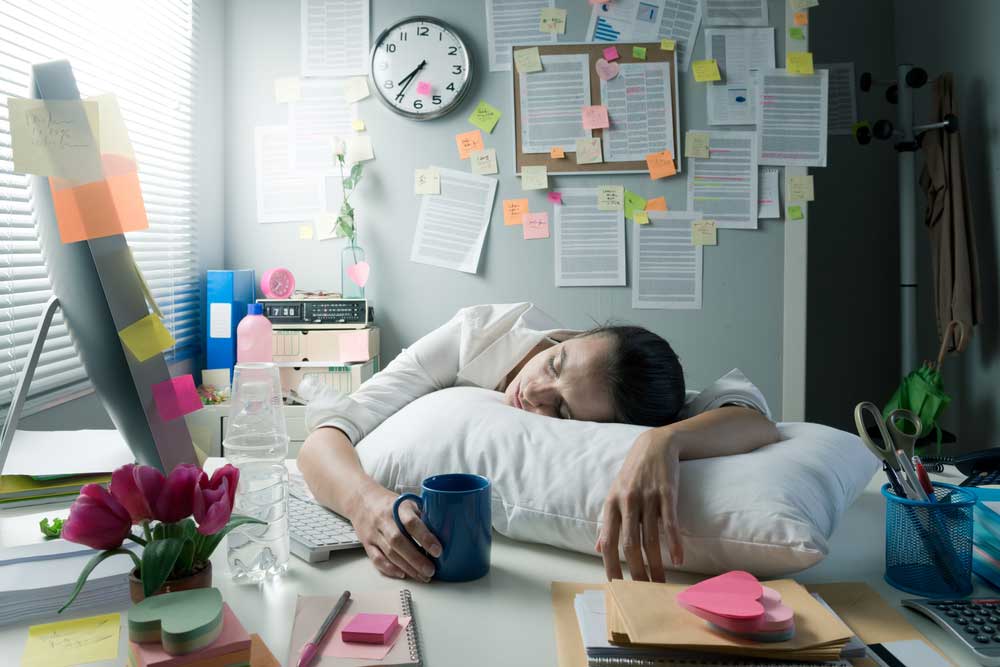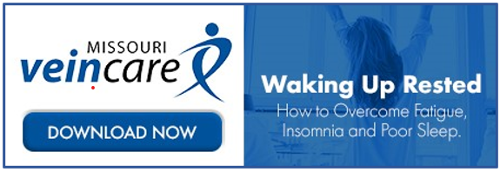When Is Fatigue Not Normal?

In today's fast-paced world, feeling tired has almost become a universal experience. With our days packed from dawn till dusk, it's no wonder that many of us fall into bed each night, utterly exhausted. However, there's a fine line between the normal tiredness that comes from a busy day and the persistent, debilitating fatigue that can significantly impact your quality of life and your health. This deeper, more severe fatigue doesn't just disappear with a good night's sleep or a cup of coffee—it lingers, affecting your physical and mental well-being.
Fatigue is a complex condition characterized by a lack of energy and motivation. It's a constant weariness that affects your ability to perform even the simplest tasks. This isn't the tiredness you feel after a long run or a day filled with back-to-back meetings. Instead, it's a profound exhaustion that doesn't improve with rest. What many fail to realize is that fatigue can be a symptom of underlying health issues that shouldn't be ignored.
Common Culprits Behind Chronic Fatigue
While there are many reasons why someone might feel fatigued, certain conditions are more frequently at the root of this issue:
-
Poor Sleep or Sleep Apnea:
Quality sleep is foundational to our health; without it, fatigue inevitably sets in. -
Stress and Anxiety:
The mental toll of stress and anxiety can be just as exhausting as physical exertion. -
Depression:
A common symptom of depression is overwhelming fatigue, which can create a vicious cycle that's hard to break. -
Chronic Fatigue Syndrome:
A condition characterized by extreme, unexplained fatigue that doesn't improve with rest. -
Abnormal Vein Circulation:
Often overlooked, this condition can lead to fatigue due to inadequate blood flow and inflammation and can be easily and successfully treated. -
Hormonal Imbalances:
Menopause in women and low testosterone in men can lead to persistent tiredness. -
Thyroid Disorders:
Both hypothyroidism and hyperthyroidism can cause fatigue. -
Heart Disease:
Fatigue can be an early warning sign of heart problems. -
Nutrient Deficiencies:
Lack of essential vitamins, such as Vitamin D, or minerals like iron, can lead to fatigue. -
Chronic Lung Disease:
Conditions like COPD can severely limit oxygen intake, leading to fatigue.
Among these, abnormal vein circulation is a noteworthy cause because it's both common and treatable. Yet, it often goes unrecognized, leaving many to suffer needlessly.
The Vein Connection to Fatigue
There is a unique pattern of fatigue associated with vein conditions. This type of fatigue is most intense in the evening and improves after a night's rest, only to worsen again as the day progresses. It's a predictable cycle that significantly differs from the tiredness associated with other causes, such as stress or poor sleep in which fatigue is present throughout the day.
Vein-related fatigue occurs because malfunctioning valves in the veins prevent blood from flowing efficiently back to the heart. This inefficiency can cause blood to pool in the legs, leading to inflammation and, subsequently, fatigue. Over time, this can also lead to other symptoms, such as leg pain, swelling, and varicose veins, further exacerbating the sense of tiredness.
An often overlooked aspect of vein-related fatigue is the puzzling experience of waking up feeling exhausted, despite sleeping through the night. This phenomenon can be directly attributed to the body's inflammatory response triggered by vein reflux interferes directly with the quality of sleep. When blood pools in the legs due to malfunctioning vein valves, it not only causes visible symptoms like swelling and varicose veins but also triggers a systemic inflammatory response. Individuals with vein conditions may start their day feeling weak and fatigued, despite having rested, because their body has been battling inflammation throughout the night. Understanding this connection underscores the importance of addressing vein health not just for the sake of one's legs, but for overall well-being and vitality.
Finding Relief from Fatigue
Recognizing the signs of vein-related fatigue is the first step toward finding relief. Simple interventions like wearing compression stockings can offer immediate improvement by helping blood flow more efficiently through the legs. However, for long-term relief, addressing the root cause of the vein dysfunction is crucial. Modern vein treatments are minimally invasive, highly effective, and can significantly improve quality of life by alleviating fatigue and related symptoms.
Beyond Vein Treatment: Holistic Approaches to Combat Fatigue
While treating underlying medical conditions is essential, adopting a holistic approach to managing fatigue can also be incredibly beneficial. This includes:
-
Improving Sleep Hygiene:
Establishing a regular sleep schedule, creating a restful environment, and minimizing screen time before bed can enhance sleep quality. -
Managing Stress:
Techniques such as daily meditation, yoga, and deep-breathing exercises can reduce stress levels and, by extension, improve energy levels. -
Nutrition and Hydration:
A balanced diet rich in nutrients and adequate hydration and minimizing sugar intake which produces a crashing sensation, can boost energy and reduce fatigue. -
Regular Exercise:
While it might seem counterintuitive when you're tired, regular, moderate exercise will increase energy levels over time because your body is better conditioned, and your sleep quality improves. -
Seeking Support:
Talking to a therapist or joining a support group can help address emotional factors like anxiety or depression that contribute to fatigue. -
Compression Stockings:
Compression stockings provide temporary relief for vein conditions by compressing vein valves closer together, preventing the backflow of blood and enhancing circulation and reducing vein-related inflammation.
Taking Action Against Fatigue
If you're struggling with persistent fatigue, it's important to recognize that you're not alone—and more importantly, that you don't have to accept it as your new normal. Fatigue is a signal from your body that something isn't right, and it's crucial to listen to that signal. Whether your fatigue is due to a vein condition or another underlying issue, help is available.
At Missouri Vein Care, we understand the profound impact that unaddressed fatigue can have on your life. We're dedicated to helping our patients find the root cause of their fatigue and providing them with effective, personalized treatment options. If you're tired of feeling tired all the time, we invite you to reach out for a free vein screening. Together, we can take the first step towards a more energetic, fulfilling life.
Remember, fatigue might be common, but it's not normal. With the right approach, you can reclaim your energy and your life.




